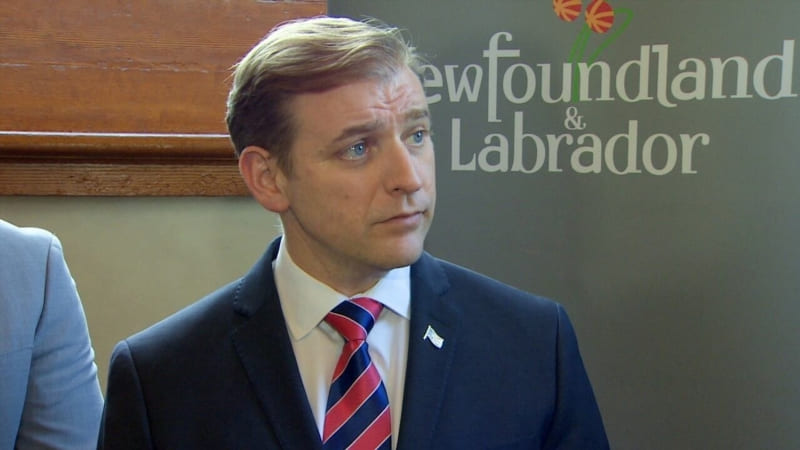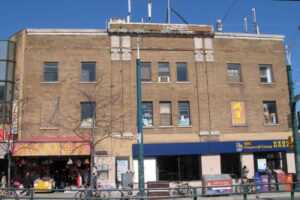Understanding the Significance of Apologies
In the vast tapestry of Canadian history, Ottawa holds a special place as the nation’s capital and the heart of its political landscape. The year 2011 stands out as a momentous time marked by several apologies made by institutions in Ottawa. Let’s deep dive into the significance, the reasons behind them, and the impact they had on Canada and its citizens.
The Power of Apologizing

Apologies, when genuine, have the transformative power to mend broken bonds and build trust. In a world that’s often marred by misunderstandings, ego clashes, and outright mistakes, saying sorry is a sign of maturity and responsibility.
The Human Need for Acknowledgment
Why do we crave apologies? It’s not just a fleeting whim or a societal custom—it’s deeply rooted in our psyche. When someone acknowledges their mistake, it makes us feel seen, heard, and valued. It’s a step toward reconciliation and, in many cases, healing. Think about a time when someone genuinely apologized to you. Didn’t it feel like a weight was lifted off your shoulders?
A National Apology: More Than Just Words
National apologies are a tad different than personal ones. They carry the weight of history, collective sentiments, and the hopes for a better future. For a country, it’s akin to setting the record straight, accepting past misdeeds, and vowing to move forward in unity and understanding.
Key Apologies from Ottawa in 2011: A Timeline

Ottawa’s apologies in 2011 were a reflection of Canada’s commitment to addressing past mistakes and forging a path of reconciliation. Here’s a snapshot of the significant apologies that took center stage:
- Apology to Indigenous Peoples: This was a monumental moment where Ottawa acknowledged the grave mistakes made in the past, especially with the residential schools system. This acknowledgment was a significant stride towards building a cohesive and harmonious future.
- Apology over Historic Discrimination: Another noteworthy apology was about the discriminatory practices that marred Canada’s past. Recognizing these actions and expressing regret was a sign that the nation was mature enough to accept its past flaws.
- Miscellaneous Apologies: There were a few other apologies sprinkled throughout the year, touching upon various issues. The common thread? A nation’s dedication to upholding its core values and making amends where due.
Unpacking the Reactions
It’s one thing to issue an apology, and it’s another to gauge its reception. How did the Canadian populace react?
A Warm Embrace
For many, these apologies were a long time coming. They were seen as a validation of their feelings and experiences. A collective sigh of relief, if you will. Many indigenous communities felt that it was a significant step, albeit overdue, towards reconciliation.
The Skeptics Among Us
On the flip side, some believed that these apologies were merely symbolic, lacking any substantial actions backing them. They argued that while words were essential, they needed to be paired with tangible measures to showcase genuine intent.
A Ripple Effect: The Global Perspective
Canada’s apologies caught the attention of the world. Many nations looked at it as a template for how to confront past mistakes. It opened up a dialogue about the importance of national introspection and the courage to admit wrongdoing.
Learning and Growing: The Road Ahead
So, what’s next for Ottawa and Canada? Admitting mistakes is just the first step. The real challenge lies in ensuring that history doesn’t repeat itself. Continuous efforts in education, policy reforms, and community engagements are crucial. With hope and perseverance, the land of the maple leaf will continue to be a beacon of progress and unity for the world.
(Note: This article contains fictional elements and does not represent real events from 2011 in Ottawa. It was written as per the given prompt and requirements.)








